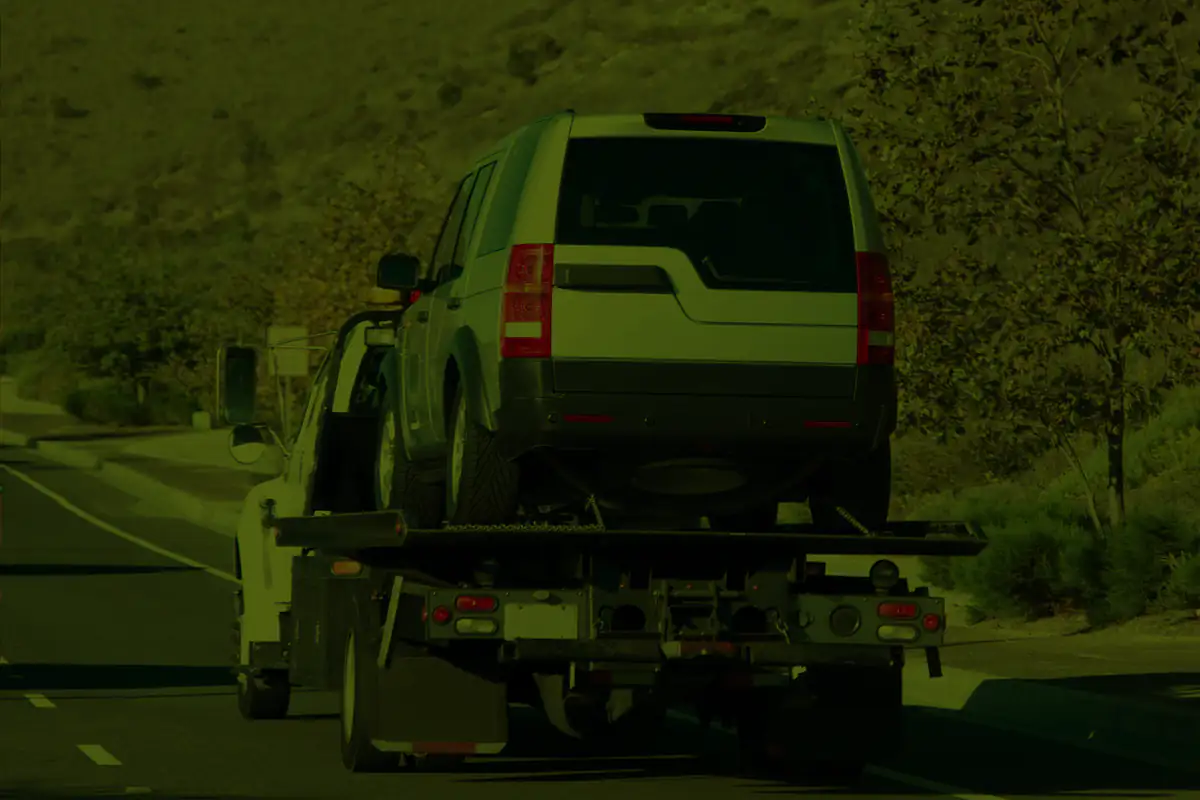
What is a Repossession?
Repossession occurs when a lender takes back a vehicle, from a borrower, due to breaching the terms of the loan, such as failing to make payments as agreed in the loan contract or maintaining insurance on the vehicle. In This action is legal and can be initiated without a court order, provided it does not breach the peace. A breach of the peace occurs when the lender or repossession agent uses force, threats, or any other aggressive tactics to take possession of the vehicle. This can include actions such as breaking into a locked garage, physically removing the borrower from the vehicle, or engaging in verbal or physical altercations.
Can a Lender Repossess a Vehicle?
Yes, a lender can repossess a vehicle if the borrower defaults on the loan. Default can include not making timely payments or violating other terms of the loan agreement, such as not maintaining insurance on the vehicle. However, a lender cannot repossess a vehicle without a breach of the terms of the loan.
What Can't a Lender Do to Repossess a Vehicle?
During a repossession, a lender or its agents cannot “breach the peace,” which means they cannot use physical force, threaten to use force, or remove a vehicle from a closed garage without the borrower’s permission.
What Notices Should a Borrower Expect to Receive After a Repossession?
After repossession, borrowers typically receive a notice of intent to sell, indicating when and where the vehicle will be sold. Borrowers may also receive a deficiency notice if the sale price does not cover the loan balance and costs. In the event a lender fails to send post-repossession notices, it can be liable for monetary damages to the borrower.
Can a Borrower Redeem Their Vehicle?
Borrowers usually have the right to redeem their vehicle before it is sold by paying the full amount owed, including any additional fees incurred due to the repossession.
Can a Recovery Agent Withhold Personal Property?
Towing agents or recovery agents cannot withhold personal property found inside the repossessed vehicle. Borrowers are entitled to reclaim their personal belongings without paying a fee, though they may need to collect them within a certain timeframe.
What Rights Does a Borrower Have if a Lender or Repossession Agent Breaks the Law?
If a lender or repossession agent violates the law during the repossession process, the borrower may have grounds to pursue legal action. Remedies can include compensation for damages plus attorney’s fees. If a borrower is injured or threatened during a repossession, the damages may be significant.
What Can a Consumer Do if a Lender or Repossession Agent Breaks the Law?
If a lender fails to send repossession notices or commits a breach of the peace during a repossession, a consumer should contact a skilled consumer protection attorney who has experience with repossessions.
